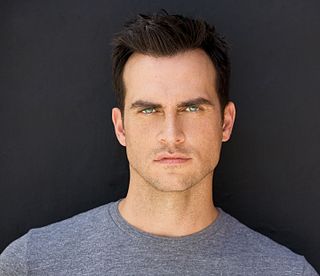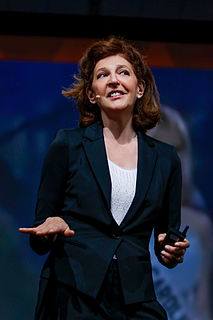A Quote by Laura Dern
I tend to always love material with flawed protagonists and morally ambiguous people.
Related Quotes
When I was a TV director working on Judd Apatow's show Undeclared. I was surrounded by so many young people. People like Seth Rogen, who was 9 years old or something. It was just a ridiculous amount of talented young people. I started to think I'd like to see a young-love movie, but not one done in that glossy, Hollywood, high-concept manner we've become accustomed to. One that was, for lack of a better way of putting it, a little more ambiguous, '70s-style, where everyone was flawed, middle-class characters.


































